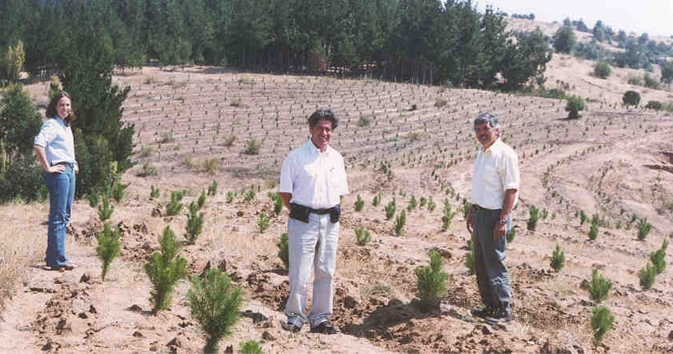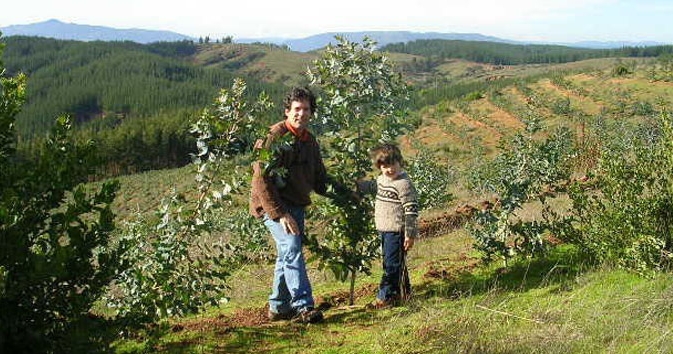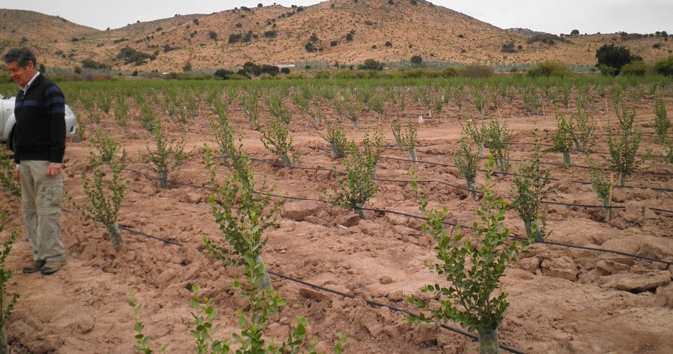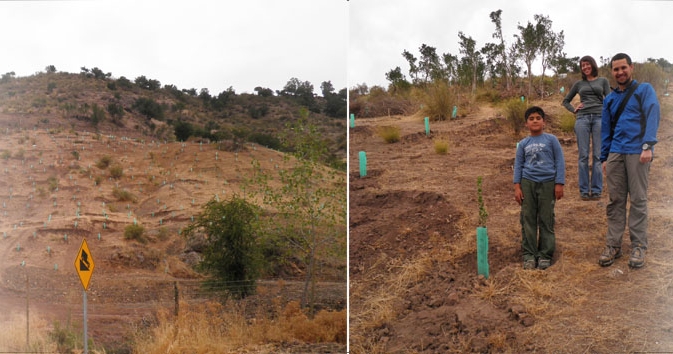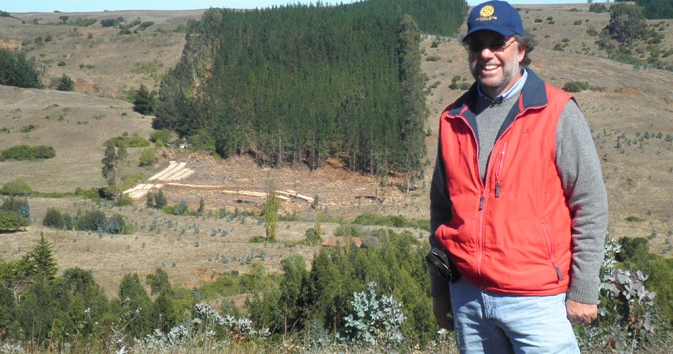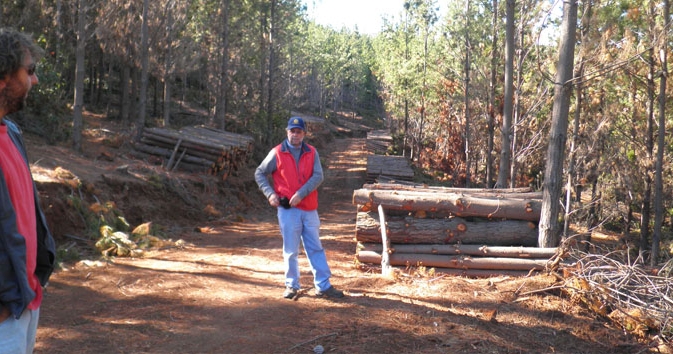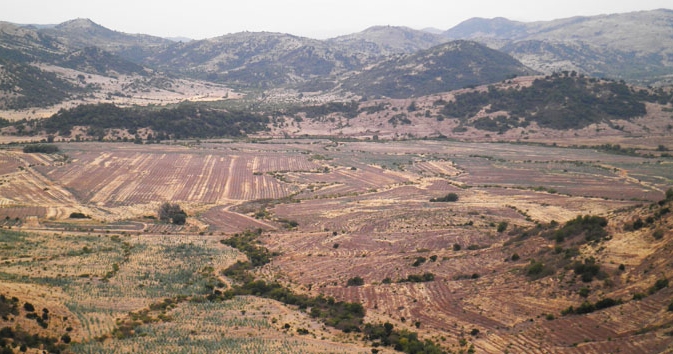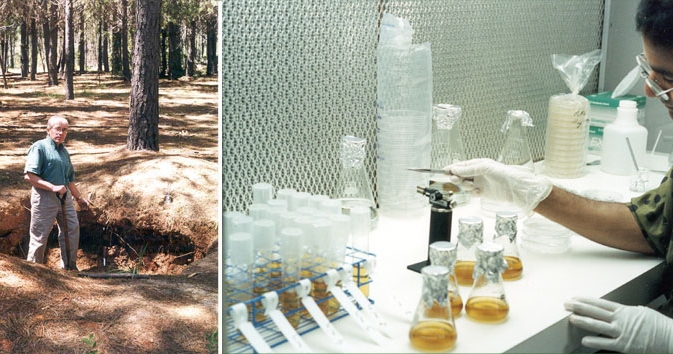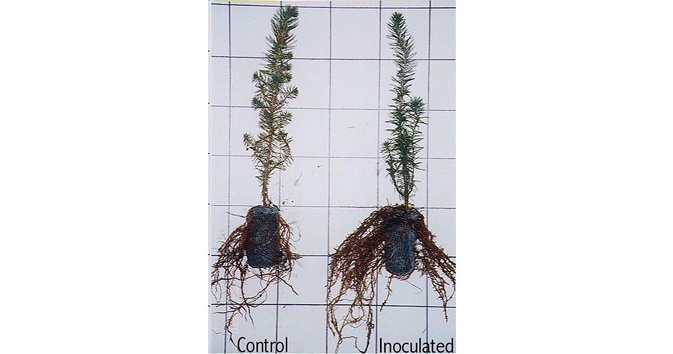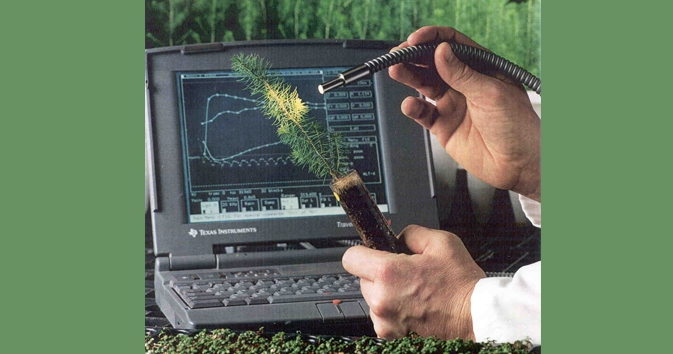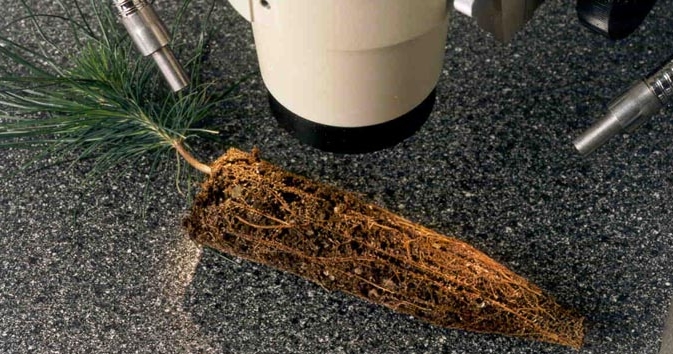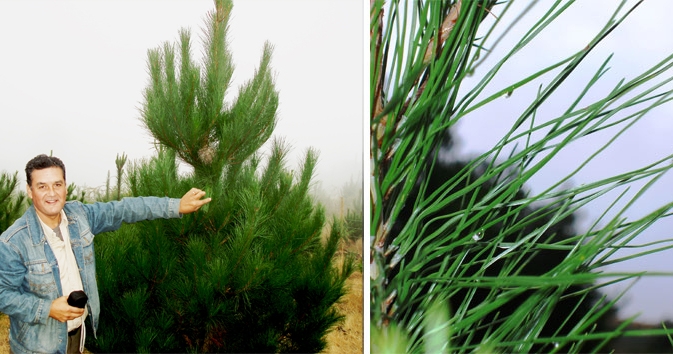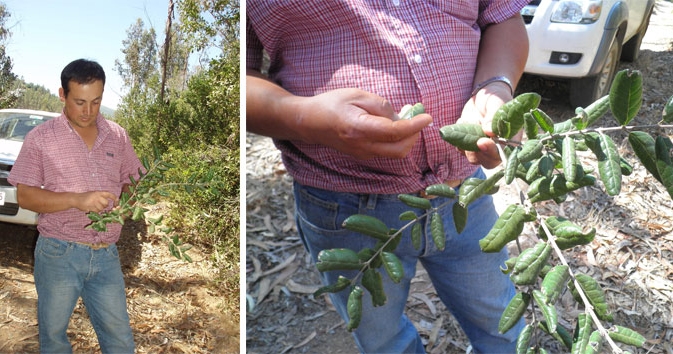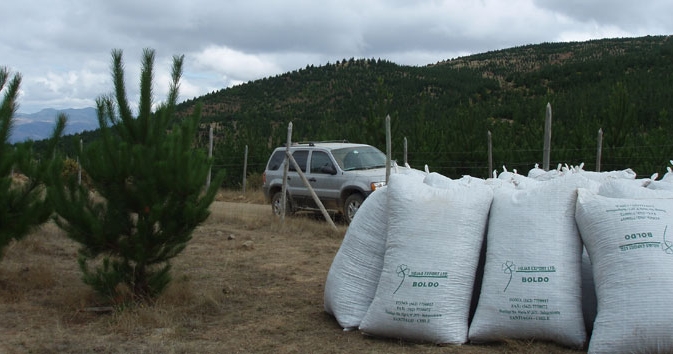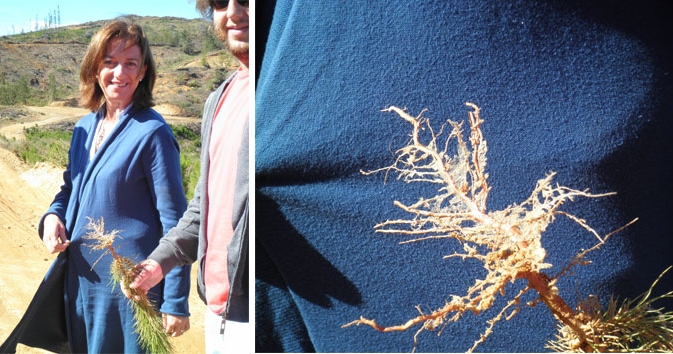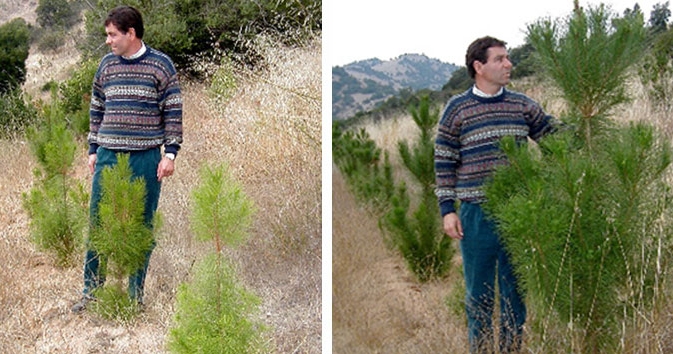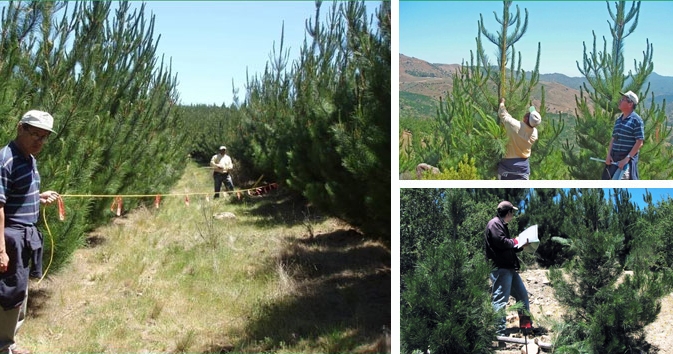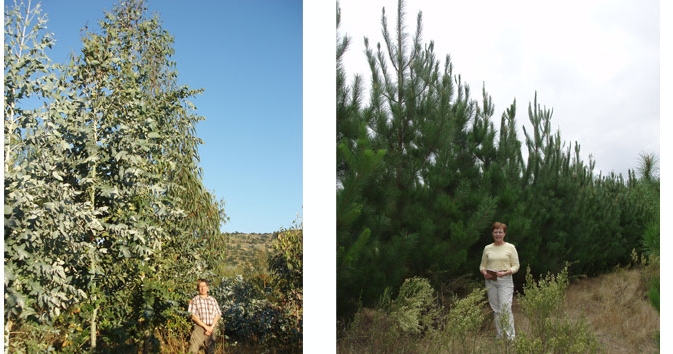Mycorrhizal Inoculation
Research has shown that the type and amount of benefit a plant receives depends on the species and strain of mycorrhizal funginatural soil microbes that improve the health and growth rates of plants. In nature, healthy soils contain these beneficial organisms, but they are deficient in eroded, heavily used and degraded soils. Industrial disturbance to the soil in large-scale agricultural practices, forestry cutovers, or mining activity reduces or destroys these beneficial micro-organisms. The application of the microbes to seedlings prior to planting reduces the need for chemicals such as fertilizers and herbicides and provides increased stress resistance to the seedlings before they are exposed to environmental stresses such as transplant shock, or extremes of temperature and moisture. Mycorrhizal inoculum is produced in Mikro-Tek's facility in Timmins for shipment to project sites anywhere in the world.
Click here to view the full glossary with which it forms an association. There are literally thousands of species of mycorrhizal fungi, some showing little or no benefit to the plant. Mikro-Tek identifies the species and strains of microbes needed to improve the health and growth of the targeted plant species, and then mass-produces the selected microbes in their biotech facility in Timmins and ships the inoculum concentrate to anywhere in the world.
Mikro-Tek has devised a method of very quickly and efficiently applying their concentrated liquid Mikro-CONE product through standard nursery irrigation systems, making it possible to inoculate millions of seedlings in just an hour or two. The company has developed written standardized technology-transfer and quality control procedures enabling them to work with local nursery managers. Applications of Mikro-VAM the dry product for agricultural and some tree species (e.g. energy crops for biofuel) are simplified through the use of a newly developed seed coat format.
Application at the seedling stage ensures establishment and functioning of the mycorrhizal association before the plant’s exposure to pathogens, environmental stresses, poor soil conditions, and competing non-beneficial mycorrhizal fungi. In the field, the microbes trigger the formation of a larger, healthier root system, which enables the plant to absorb nutrients and moisture from a much greater area of soil, thereby increasing growth.

